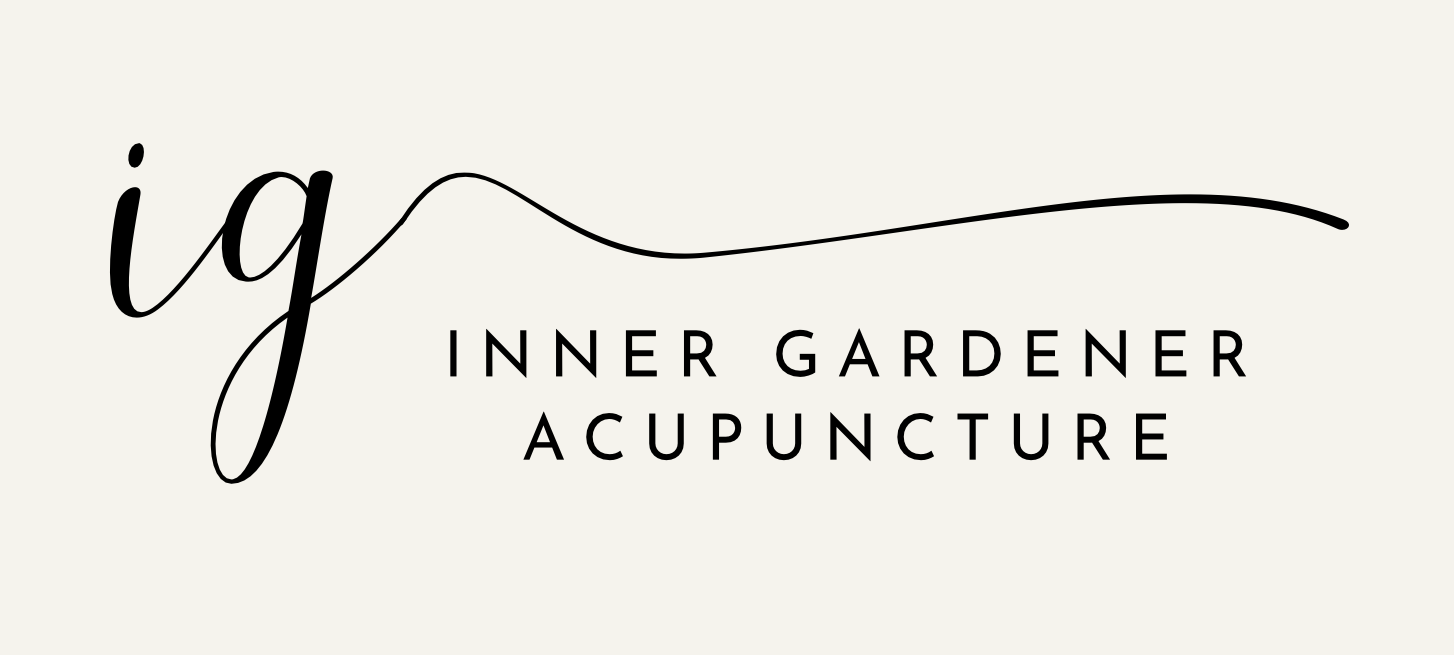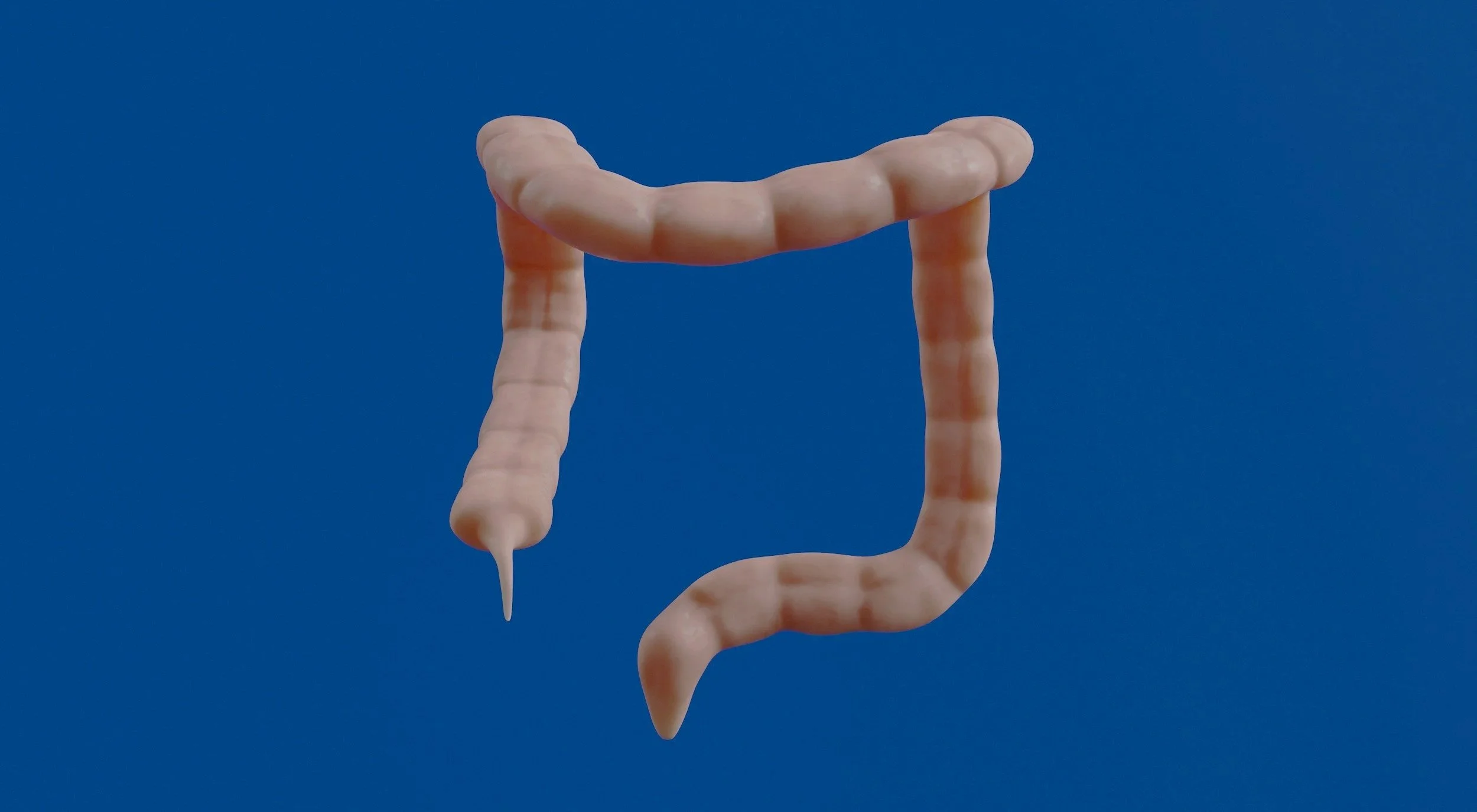The Lungs & Large Intestine in Traditional Chinese Medicine
Autumn, Letting Go, and Inner Balance
In Traditional Chinese Medicine (TCM), the body is understood as an interconnected system. Organs are paired through what’s known as Zang-Fu theory, meaning each yin organ is linked with a yang organ. One such pairing is the Lungs and the Large Intestine, both associated with the season of autumn.
Autumn represents a time of transition—from the outward, active energy of summer (Yang) toward the inward, reflective energy of winter (Yin). It’s a season of release, refinement, and preparation.
Just as nature sheds its leaves, the body is invited to let go—physically, emotionally, and energetically.
Lung Health in TCM
In TCM, the Lungs govern respiration and the movement of Qi (vital energy) throughout the body. They are responsible for:
Breathing and oxygen exchange
Circulating Qi
Supporting immunity and defensive energy (Wei Qi)
Regulating the skin and pores
The Lungs are also associated with the emotion of grief and sadness.
During autumn, the air becomes cooler and drier, which can challenge the respiratory system. This is why people often notice:
Allergies
Dry cough
Asthma flares
Shortness of breath
Sinus congestion
The skin is sometimes called the “third lung” in TCM, as it helps regulate temperature and immune defense through the pores. When Lung Qi is weak, people may experience dry skin, frequent colds, or difficulty fighting off illness.
Large Intestine Health in TCM
The Large Intestine is responsible for:
Absorbing fluids
Forming stool
Eliminating waste
Healthy elimination is essential for preventing stagnation and toxin buildup in the body. When the Large Intestine is out of balance, symptoms may include:
Constipation
Diarrhea
Irregular bowel movements
Bloating or discomfort
In TCM, elimination is not just physical—it’s also about releasing what no longer serves the body.
Why the Lungs & Large Intestine Are Paired
The Lungs and Large Intestine work together to maintain fluid balance and rhythm in the body.
The Lungs require adequate moisture to function properly
The Large Intestine helps regulate fluids through stool formation
When one is imbalanced, the other is often affected.
For example:
Chronic constipation may contribute to dry cough or skin issues
Ongoing allergies or asthma may coexist with bowel irregularity
This pairing reminds us that breath and elimination are deeply connected—both are forms of exchange with the environment.
The Emotional Layer: Learning to Let Go
Emotionally, the Lungs are linked to grief, while the Large Intestine is associated with the ability to let go.
Autumn can stir emotions related to loss, change, and transition. Just as the trees release their leaves, this season invites us to release:
Old habits
Emotional weight
Mental clutter
When emotions are not processed, they can manifest physically—tightness in the chest, shallow breathing, constipation, or skin issues.
Supporting Lung & Large Intestine Health in Autumn
Nourishing Foods for the Lungs
Foods that moisten and gently disperse dryness:
Steamed Pears
Radish and daikon
Honey
Garlic and onion
Ginger
Leeks
Mushrooms
Dark leafy greens
Helpful teas include:
Mullein
Chrysanthemum
Licorice root
These foods help soothe dryness, support immunity, and break up mucus.
Supporting the Large Intestine
Foods that promote healthy elimination:
Sweet potatoes
Cabbage
Turnips
Carrots
Parsnips
Asparagus
Fermented foods like kimchi, sauerkraut, and kefir
Fiber and probiotics help maintain regularity and gut balance.
Lifestyle Tips
Choose warm, cooked foods for easier digestion
Drink room-temperature or warm water to support hydration and detoxification
Practice deep breathing, gentle movement, or meditation
Honor rest and slower rhythms
One Influences the Other
The Lung–Large Intestine relationship reminds us that health is about circulation, release, and balance. What we breathe in—and what we let go of—shapes our physical and emotional well-being.
By supporting these organs through seasonal eating, mindful habits, and emotional awareness, we align with autumn’s natural rhythm and prepare the body for the inward season of winter.
Sometimes healing is as simple—and as profound—as learning when to inhale deeply… and when to let go.


